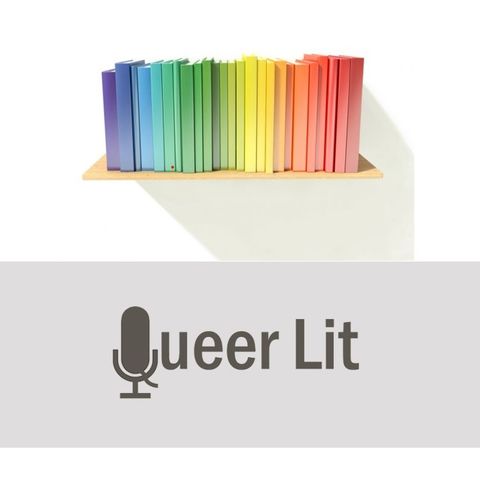"Queer Screens" with Olu Jenzen

Download and listen anywhere
Download your favorite episodes and enjoy them, wherever you are! Sign up or log in now to access offline listening.
Description
Dr Olu Jenzen (University of Brighton) joins me for this episode on queer screens: from the silver screen, to the small screen to the smartphone screen. We talk about queer...
show moreOlu’s research mentioned (a lot of it is open access):
The Aesthetics of Global Protest: Visual Culture and Communication (edited by Aidan McGarry, Itir Erhart, Hande Eslen-Ziya, Olu Jenzen, Umut Korkut)
“The symbol of social media in contemporary protest: Twitter and the Gezi Park movement” (Aidan McGarry, Itir Erhart, Hande Eslen-Ziya, Olu Jenzen, Umut Korkut)
“Trans youth and social media: moving between counterpublics and the wider web”
“Queer teeth: exploring traumatic health legacies”
“Revolting doubles: radical Narcissism and the trope of lesbian Doppelgangers”
Series mentioned:
Pose
Lena Waithe’s Twenties
Transparent
Gentleman Jack
Filmmakers mentioned:
Matthew Hellett
Campbell X
Oska Bright Film Festival (Queer Freedom, Love Bites)
https://oskabright.org/
Book mentioned:
Douglas Stuart’s Shuggie Bain
Questions you should be able to respond to after listening:
1. What is visual activism?
2. Why is the motif of the doppelganger relevant to queer studies? Can you think of an example of a doppelganger in literature or film?
3. What does Olu say about the connection between Otherness and queerness?
4. What does it mean to do participant-led research?
5. Why are online platforms biased? How does this affect queer life and, in particular, black trans people?
6. What does Olu mean by queer sensibility?
Information
| Author | Lena Mattheis |
| Organization | Lena Mattheis |
| Website | - |
| Tags |
Copyright 2024 - Spreaker Inc. an iHeartMedia Company
